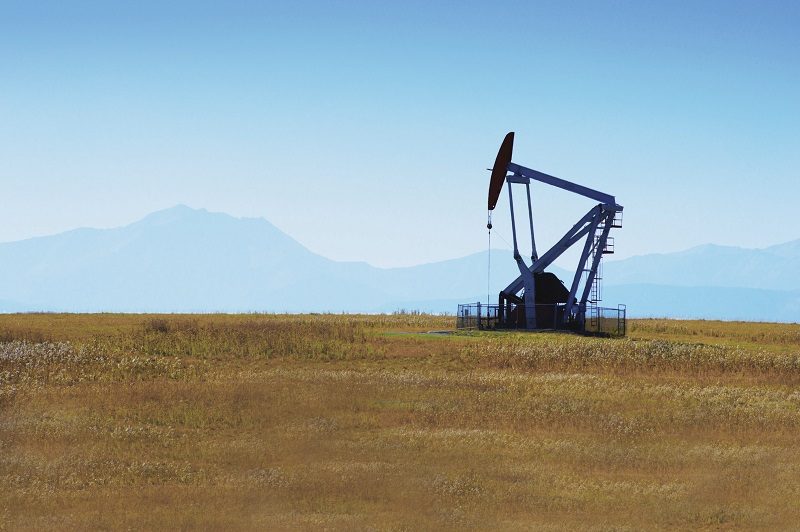 Ottawa gave Alberta’s struggling energy industry a body blow by passing legislation to ban tankers on the West Coast and make the pipeline approval process virtually impossible. It’s tempting to seek retribution. So tempting. But there’s a better way for Premier Jason Kenney to stand up for Alberta and strengthen Canada: reform equalization.
Ottawa gave Alberta’s struggling energy industry a body blow by passing legislation to ban tankers on the West Coast and make the pipeline approval process virtually impossible. It’s tempting to seek retribution. So tempting. But there’s a better way for Premier Jason Kenney to stand up for Alberta and strengthen Canada: reform equalization.
The Trudeau government passed the Tanker Ban Bill (Bill C-48) and the No More Major Projects Bill (Bill C-69) at the last minute before it rises for the summer and hits the campaign trail for the fall election.
Both bills have come under fire in Alberta.
“[The Tanker Ban] is a prejudicial attack on Alberta, banning from Canada’s northwest coast only one product – bitumen – produced in only one province, Alberta,” stated Kenney. “[The No More Major Projects Bill is] leading energy industry groups to say that no future pipeline will ever be proposed under this regime.”
These laws are just the latest example of politicians kicking Alberta’s resource sector while it’s down.
Quebec’s premier calls Alberta oil “dirty energy.” British Columbia’s politicians have promised to use “every tool available” to block the Trans Mountain expansion.
Then there’s the feds who rejected the Northern Gateway Pipeline, moved the regulatory goal posts on Energy East and showered B.C. with infrastructure money even after the province attempted to block Trans Mountain.
After all of these hits to Alberta’s industry, it’s not surprising that Kenney responded to the passing of the federal No More Major Projects Bill and the Tanker Ban by threatening action on equalization. Not only is Kenney standing up for Alberta taxpayers by taking on equalization, he could also help rejuvenate Canada’s bludgeoned resource sector from coast to coast.
Through equalization, the federal government transfers money to low-income provinces. It sounds nice, but in reality equalization tempts politicians to make bad decisions such as opposing resource development.
“If a have-not province sees an increase in natural resource revenues, the extra money is largely offset by a reduction in equalization payments,” explains the Fraser Institute’s Ben Eisen.
We’ve seen equalization-receiving governments continue to ban resource development.
Under former premier Pauline Marois, Quebec’s government imposed a moratorium on shale gas exploration in the St. Lawrence Lowlands. In 2018, the Quebec government announced a series of new measures that would ban fracking province-wide and tighten oil and gas drilling. These limits were imposed despite the existence of up to 36 trillion cubic feet of recoverable natural gas in the St. Lawrence that is estimated to be worth between $68 billion and $186 billion.
Nova Scotia also placed a ban on development which limits most of the province’s onshore natural gas resources pegged to be worth between $20 billion and $60 billion.
There are different ways Kenney could improve equalization, but the key to addressing its bad incentives is stopping its growth. The larger the equalization cheque, the more likely politicians are to kibosh development.
Kenney should also explore changes that would specifically target equalization’s negative impact on resource development. One way would be to remove non-renewable resources from equalization, as recommended by economic policy expert Ken Boessenkool.
Taking on equalization may never be a political breeze in Canada, but there are some provinces on the receiving end that are now receptive to change. Both New Brunswick Premier Blaine Higgs and Quebec Premier François Legault have acknowledged that the right path forward for “have-not” provinces is to focus less on equalization and more on growing the economy.
Fixing equalization isn’t a silver bullet for our resource sector. But Canadians will be more united in the fight against laws such as the Tanker Ban and the No More Major Projects Bill when we all recognize the need to rely on a growing economy to pay for important services.
Franco Terrazzano is the Alberta Director for the Canadian Taxpayers Federation.